Takeyuki OKUBO
Project Leader of UNESCO Chair.
Professor, Department of Civil and Environmental Engineering,
College of Science and Engineering, Ritsumeikan University.
Former Director, Institute of Disaster Mitigation for Urban Cultural Heritage,
Ritsumeikan University (R-DMUCH).
Bio
Takeyuki OKUBO is a professor at the Graduate School and the College of Science and Engineering of Ritsumeikan University (Kyoto, Japan). He is also director of the Institute of Disaster Mitigation for Urban Cultural Heritage (R-DMUCH) of the same University. A member of ICOMOS-ICORP since 2004, he is also Board Member of ICOMOS Japan since 2019 and ICOMOS International since 2021. His background in civil engineering, architecture and global environmental engineering informs his current research interests: urban and architectural design for disaster mitigation of historic cities, which promote the utilization of traditional knowledge for disaster mitigation of heritage built with wood and flammable materials. His recent work includes the management of the UNESCO Chair International Training Course on “Disaster Risk Management for Cultural Heritage and Historic Cities”, which has been held every year since 2006. He also teaches as UNESCO Chair Professor since 2019.
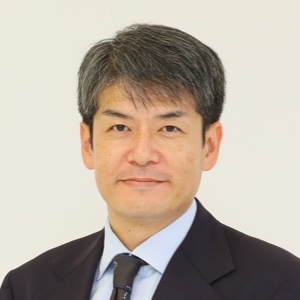
Dowon KIM
UNESCO Co-Chair Holder.
Associate Professor,Department of Civil and Environmental Engineering,
College of Science and Engineering, Ritsumeikan University.
Bio
Dr. Dowon Kim is an associate professor of Department of Civil and Environmental Engineering, Ritsumeikan University. And he is an UNESCO Co-Chair holder professor on the Institute of Disaster Mitigation for Unban Cultural Heritage, Ritsumeikan University (R-DMUCH). He has conducted and organized the International Training Course (ITC) on Disaster Risk Management of Cultural Heritage, since 2015. Currently, His research focuses on community design of disaster risk management on historical districts, both nationally and internationally. As for the international contribution, he is working for the International Scientific Committee on Risk Preparedness (ICORP) of ICOMOS.
The main objective of his research is the sharing the best practices of the urban and local communities` sustainability and its cultural/social identity, with the method of analytics, field investigation, and communication tools development, and theorize these practices to transfer to the global context. Moreover, he has interests of the disaster mitigation planning to make the balance between heritage conservation and the building code control on heritage districts.
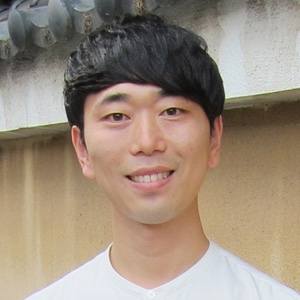
Lata SHAKYA
UNESCO Co-Chair Holder.
Associate professor, Disaster Mitigation for Urban Cultural Heritage (DMUCH),
Kinugasa Research Organization,Ritsumeikan University.
Bio
Dr. Lata Shakya is an associate professor of Institute of Disaster Mitigation for Urban Cultural Heritage (DMUCH), Ritsumeikan University. She received her doctoral degree in Urban and Environmental Engineering from Kyoto University and master’s degree in Human Environmental Science from Kyoto Prefectural University. Her research focuses on community resilience to disasters and sustainability of historic city. Understanding the historic city’s dwelling culture, historic disasters & its responses, social system, traditional spatial management system (the stakeholders & decision-making process) and its transformation to present are the key steps of her research to extract adaptable spatial management system for disasters of present era. She has conducted research works in various urban and rural areas of Nepal and Japan. Her main field area is historic city Patan of Nepal, a courtyard style settlement originated from Buddhist monasteries and currently involved on disaster mitigation planning of different communities in Patan through workshops with local community. She is also involved on post-disaster response and recovery process in historic cities and rural areas of Nepal. She is co-author and coordinator of the book “the Memory of 2015 Nepal Earthquake, the Experience of Local Residents Utilizing Traditional Resources in UNESCO World Heritage Site” (R-DMUCH 2020 with Prof. Okubo Takeyuki and Dr. Kim Dowon), which is the very first book in Nepal to record earthquake victims’ experiences with illustration and bilingual language (Nepali & English). She is also joint author of the book “Rural and Urban Sustainability Governance” (United Nations University Press, 2014) .
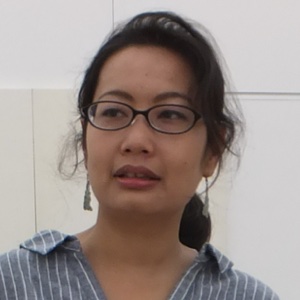
Rohit JIGYASU
Former Unesco Chair Holder.
Project Manager,Urban Heritage, Climate Change and Disaster Risk Management.
Programme Unit, ICCROM.
Visiting Researcher, Ritsumeikan University.
Bio
Dr. Rohit Jigyasu is a conservation architect and risk management professional from India, currently working at ICCROM as Project Manager on Urban Heritage, Climate Change and Disaster Risk Management. Rohit served as UNESCO Chair holder professor at the Institute for Disaster Mitigation of Urban Cultural Heritage at Ritsumeikan University, Kyoto, Japan, where he was instrumental in developing and teaching International Training Course on Disaster Risk Management of Cultural Heritage. He was the elected President of ICOMOS-India from 2014-2018 and president of ICOMOS International Scientific Committee on Risk Preparedness (ICORP) from 2010-2019. Rohit served as the Elected Member of the Executive Committee of ICOMOS since 2011 and was its Vice President from 2017-2020. Before joining ICCROM, Rohit has been working with several national and international organizations such as UNESCO, UNISDR, Getty Conservation Institute and World Bank for consultancy, research and training on Disaster Risk Management of Cultural Heritage.
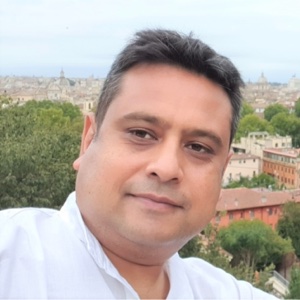
Joseph KING
Director of Partnership and Communication,
Partnership and Communication Unit.
ICCROM.
Bio
Joseph King is an architect / urban planner and a staff member of ICCROM since 1998. He is currently the Director of Partnership and Communication at ICCROM and also leads ICCROM’s team in its role as an Advisory Body to the UNESCO World Heritage Committee. Previously at ICCROM he was the Unit Director of the Sites Unit, and was involved in the development and implementation of the AFRICA 2009 programme and the Integrated Territorial and Urban Conservation (ITUC) programme. Before joining ICCROM, he worked on a UNESCO/UNDP project to develop an urban conservation plan for the Old Town of Mombasa, Kenya. From 1999 – 2002 he served as Secretary-General of the ICOMOS International Training Committee.
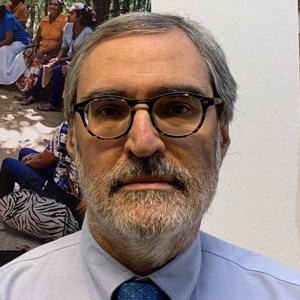
Lee BOSHER
Professor of Risk School of Business,
Brookfield University of Leicester.
Bio
Dr Lee Bosher is a Professor of Risk School of Business, Brookfield
University of Leicester. Lee has a background in disaster risk reduction and his research and teaching includes the multi-disciplinary integration of proactive hazard mitigation strategies into the decision-making processes of key stakeholders, involved with the planning, design, construction and operation of the built environment. Lee is a Fellow of the Royal Geographical Society and he has been involved in research projects that investigated how disaster risks can be reduced in the UK, India, Indonesia, Vietnam and across parts of Europe. Lee’s books include ‘Disaster Risk Reduction for the Built Environment’ (co-authored with Dr Ksenia Chmutina 2017, Wiley), ‘Hazards and the Built Environment’ (2008) and ‘Social and Institutional Elements of Disaster Vulnerability’ (2007).
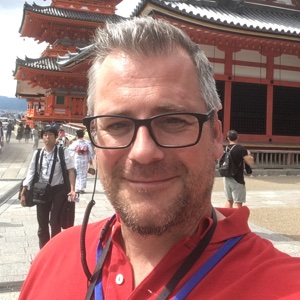
Ksenia CHMUTINA
Professor of Disaster Studies,
School of Architecture, Building and Civil Engineering ,
Loughborough University.
Bio
Dr Ksenia Chmutina is a Professor of Disaster Studies at the School of Architecture, Building and Civil Engineering. Ksenia’s research focusses on the processes of disaster risk creation and systemic implications of sustainability and resilience under the pressures of urbanisation and climate change in the context of neoliberalism. Her research interests also include narratives and framings of disasters, intersectionality and vulnerability, and interlinkages between critical urban studies and disaster studies. Ksenia uses her work to draw attention to the fact that disasters are not natural. Ksenia have conducted research in the UK, India, Indonesia, Japan, Nepal, China, the Caribbean, and across Europe. She is a co-author of a textbook ‘Disaster Risk Reduction for the Built Environment’ (Wiley, 2017, with Prof Lee Bosher) and a Joint Coordinator of the CIB W120 ‘Disasters and the Built Environment’. She is also a co-host of the ‘Disasters: Deconstructed’ podcast.
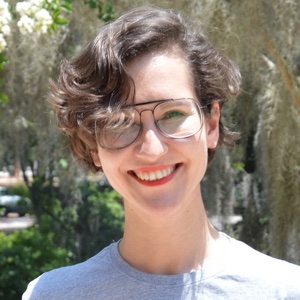
Wesley CHEEK
Lecturer in Human Geography,
Edge Hill University.
Bio
Dr. Wesley Cheek is a Lecturer in Human Geography,Edge Hill University. He is a sociologist of disasters, focusing on community involvement in post-disaster reconstruction and critical urban theory. Wesley also holds a degree in historic preservation and conducts research focusing on the nexus of architectural history, cultural heritage, and disasters. His aim in his work is to reveal post-disaster reconstruction as a part of a larger process of the social production of risk and the reinforcement of existing inequalities.Wesley is an ethnographer who uses the extended case method to present a complex picture of local disasters situations and to extrapolate those localized cases to a more universal, generalized understanding of our current approach to disasters as a feature of globalized urbanization. His research has largely focused on Northeastern Japan and Southeastern Louisiana. Wesley has taught in both sociology departments and schools of architecture and believes that interdisciplinary scholarship is critical to both understanding and addressing disasters.
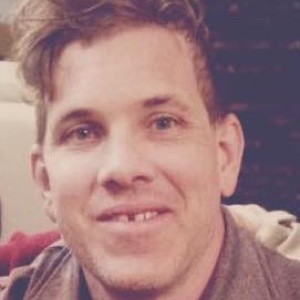
Aparna TANDON
Senior Programme Leader,
First Aid and Resilience for Cultural Heritage in Times of Crisis| Sustaining Digital Heritage, ICCROM.
Bio
Aparna Tandon specializes in crisis response and disaster risk reduction for all forms of heritage. She has 25 years of post-qualification work experience in heritage conservation and has conducted professional training for the conservation of heritage in Asia, the Middle East, Europe, Africa and South America. As Senior Programme Leader at ICCROM, she leads the design and implementation of its international flagship programme on First Aid and Resilience for Cultural Heritage in Times of Crisis (FAR) Additionally, she coordinates the activities of Sustaining Digital Heritage and SOIMA (Sound and Image Collections Conservation) programmes aimed at safeguarding endangered audio-visual and digital heritage. She has led emergency response, post-event damage and risk assessments and in-crisis training in Lebanon (2020), Croatia (2020), India (2020, 2018), Northern Iraq (2017), Myanmar (2016), Nepal (2015, 2016), Philippines (2013), Haiti (2010). Additionally, she has held workshops for protecting heritage in conflict-afflicted countries including Syria, Lebanon, Libya, Egypt and Iraq. Aparna has trained military personnel, civil protection teams and humanitarians for providing first aid to cultural heritage during emergencies. She has authored several papers and publications. Her recent handbooks on First Aid to Cultural Heritage in Times of Crisis and Endangered Heritage: Emergency Evacuation of Heritage Collections have been translated in multiple languages including Arabic, French, Spanish, Japanese and Russian. Aparna has an MA in Art Conservation from the National Museum Institute, India. She has received advanced level training in Paper Conservation from the Straus Center for Conservation, Harvard University Art Museums, USA. In 2001-2002 she enhanced her professional experience first, as the Fulbright Arts Fellow at the Preservation Directorate of the Library of Congress in Washington, D.C., and then as a Conservation Guest Scholar at the Getty Conservation Institute, Los Angeles, USA. From 1998 to 2004, she worked as the Curator-Conservator at the Amar Mahal Museum and Library in Jammu & Kashmir, India.

Elke SELTER
Coordinator for Heritage in Crisis,
Belgian Federal Government, Royal Institute for Cultural Heritage.
Bio
Dr. Elke Selter is a specialist in international politics and cultural heritage in situations of armed conflict. She holds a PhD in International Politics from SOAS, University of London, where her research focused on the interests of international organizations, the Security Council, and the International Criminal Court in post-war heritage and heritage’s growing role in R2P-based interventions. Prior to this, Elke has worked for over 15 years with various agencies of the United Nations, including many years with UNESCO. Most of these, she worked in conflict and disaster-affected places around the world where she advised governments on cultural policies and international conventions, and managed programs on heritage recovery and reconstruction. She was in charge of UNESCO’s heritage program in the aftermath of the 2010 earthquake in Haiti, and has also worked in South Sudan, Palestine, Bosnia, and various Asian countries. Most recently, Elke has co-authored an EU study on international response to heritage in the Middle East, and has together with ICCROM developed a toolkit for conflict analysis in the heritage sector.
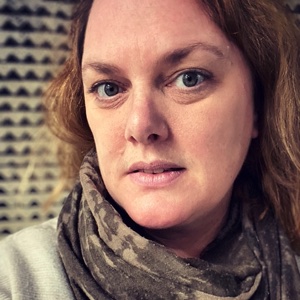
Aya MIYAZAKI
UNESCO Chair Team Member.
Senior Researcher, Institute of Disaster Mitigation for Urban Cultural Heritage,
Kinugasawa Research Organization, Ritsumeikan University.
Bio
Dr. Aya Miyazaki is a Senior Researcher of the Institute of Disaster Mitigation for Urban Cultural Heritage (DMUCH), Ritsumeikan University. Aya is a specialist in tangible cultural heritage conservation mechanism with a specific focus on local, national, and international multilevel actors & stakeholders to enable sustainable protection of the built heritage and environment. She has been bridging the worlds of academia and cultural sector: her doctoral study at the University of Tokyo focused on the multi-layered actors of heritage conservation with a primary focus on Mexico City’s Historic Center and its unique conservation mechanism; applying her academic principles and experiences, Aya has worked in national and international institutions for cultural heritage, including UNESCO and the Japan Foundation, as a project manager of cultural projects in Cambodia, Peru, the Caribbean, and Japan. A member of ICOMOS Japan since 2011, she is currently the Advisor to the Emerging Professional group of the organization.
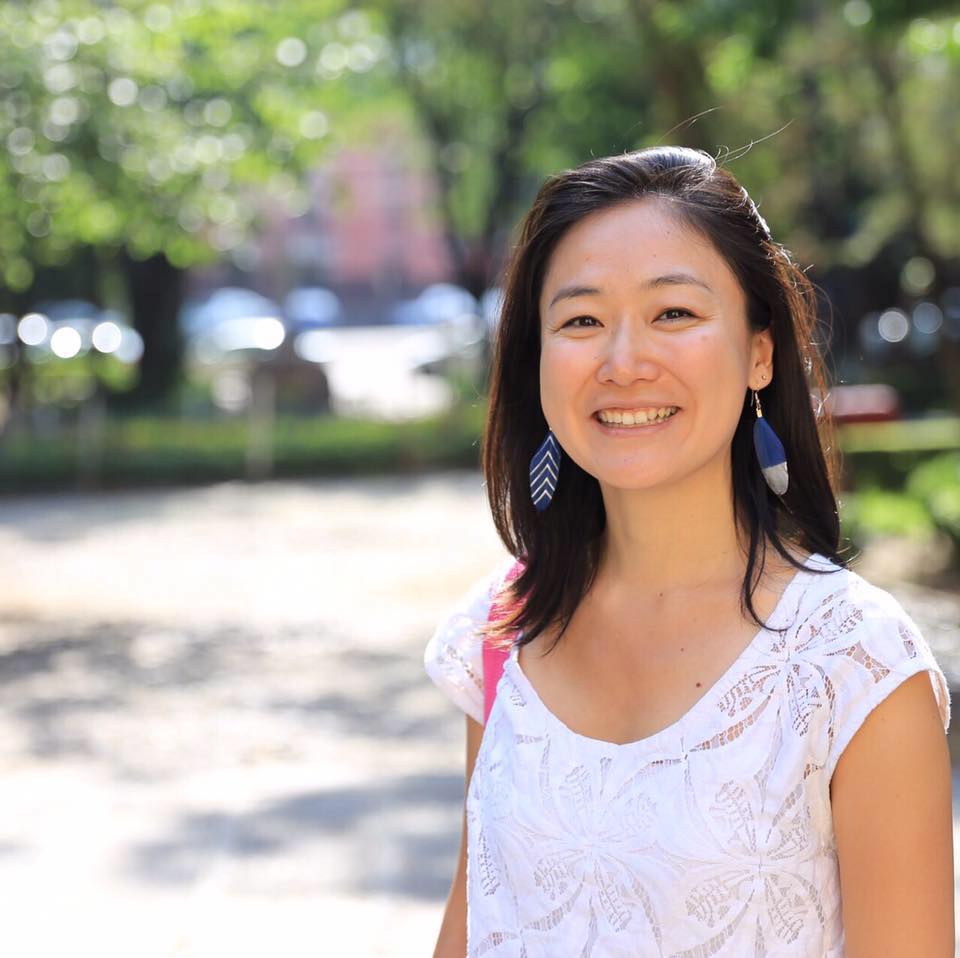
Min LI
UNESCO Chair Team Member.
Senior Researcher, Institute of Disaster Mitigation for Urban Cultural Heritage,
Kinugasawa Research Organization, Ritsumeikan University.
Bio
Dr. Min Li is a Senior Researcher at the Institute of Disaster Mitigation for Urban Cultural Heritage (DMUCH), Ritsumeikan University. Her research interests are disaster risk management for cultural heritage, architectural/Urban heritage conservation, and the architectural history of wooden buildings. Especially she focuses on developing disaster risk management programs/models for cultural heritage based on characteristics of cultural heritage in terms of fixed conditions and social conditions (local residents and local communities) related to disaster prevention. She has been involved in research projects that investigated the disaster prevention characteristics of preserved historical districts/villages in Japan, Taiwan, Cambodia, and China and developed strategies for disaster prevention planning which adapted to the historical/cultural value and characteristics of historical districts/villages. Currently, she is conducting research on developing disaster risk management programs/models for world cultural heritage based upon understanding the current situation of disaster risks/challenges, and disaster prevention characteristics of world cultural heritage. And she hopes it will contribute to protecting the world cultural heritage from multiple disaster risks and climate changes.
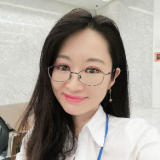
Junko KANEKIYO
Administrative Staff,
Division of Research, Ritsumeikan University.
Ayumi IDE
Administrative Staff,
Division of Research, Ritsumeikan University.
Ayaka AKIYOSHI
Administrative Staff,
Division of Research, Ritsumeikan University.
Kana KOGA
Administrative Staff,
Division of Research, Ritsumeikan University.
Emiko SHIGA
Administrative Staff,
Division of Research, Ritsumeikan University.
Naomi KITAMURA
Administrative Staff,
Division of Research, Ritsumeikan University.
Mariko ISHIDA
Administrative Staff,
Division of Research, Ritsumeikan University.
